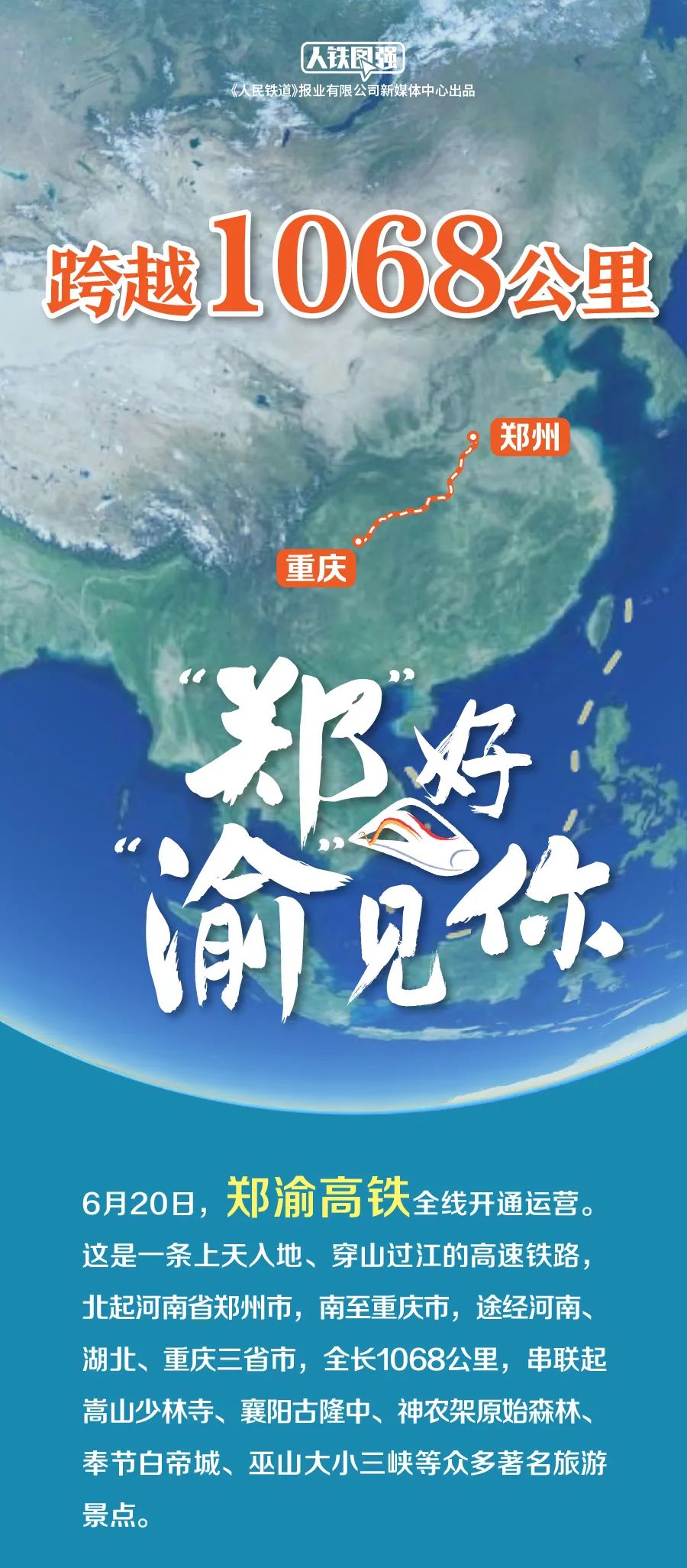[Memory] Wu Enlin: Representative of the First People's Congress of Sichuan Province, Wu Zhonghua
Author:Fang Zhi Sichuan Time:2022.07.08
Wu Enlin
Representative of the First People's Congress of Sichuan Province
Wu Zhonghua
From August 1st to August 8th, 1954, the first People's Congress of Sichuan Province, which was preliminarily established in Sichuan in Sichuan, was held in Chengdu. According to the deployment of the Central People's Government, 673 people's representatives of Sichuan Province were elected by election, from August 1954 to June 1958.

The first People's Congress venue of the first People's Congress of Sichuan Province (picture source: Sichuan Province to celebrate the 100th anniversary of the founding of the Communist Party of China)
The meeting unanimously adopted the "Sichuan Provincial People's Government on the main working situation of Sichuan Province in the past two years and the report of the main tasks of this winter and spring", passed the "Resolution on Supporting the Constitution of the People's Republic of China", and elected Zhu De, Zhang Lan, and Zhang Lan, and 87 people including Wu Yuzhang and Guo Moruo were representatives of Sichuan Province attending the first National People's Congress. As of the closing of the meeting, a total of 125 representatives and suggestions were received.
In January 1955, the first meeting of the First People's Congress of Sichuan Province held a second meeting to elected the Sichuan Provincial People's Council consisting of 49 members.
Since then, the Sichuan Provincial People's Congress has exercised relevant powers as local national power organs in Sichuan Province, each with a term of 5 years.

Wu Enlin participated in the standard photos of the first people's congress in Sichuan Province
Wu Enlin (1930.8-1959.12), a member of the Communist Party of China, was born on August 7, 1930 in Hongqi Village, Zhejiang Water Township, Cangxi County, Sichuan Province. Cangxi County is an old revolutionary district. It has an excellent revolutionary tradition and is part of the Sichuan -Shaanxi Revolutionary Base. As early as January 1930, the party organization was established. On June 15, 1933, the 11th Division of the Fourth Army of the Chinese Workers and Peasants Red Army led by Li Xiannian entered Cangxi. Wu Enlin's father, Wu Ming, became the chairman of the Soviet government where the Red Army was established in Cangxi in 1933.
In 1935, the Red Army Long March Li Cang. The Red Army in Cangxi's three years, fighting more than 100 times in size, almost every day, the fierce situation, the long time of time, and the huge results of the war. At that time, there were 280,000 people in the county and more than 10,000 people participated in the Red Army, making great contributions to the Chinese revolution.
After the Red Army Long March left Cang, the Kuomintang "Qingxiang Association", "Return to the Township", "The Communist Party of the Communist Party" came again, and conducted crazy counterattack and brutal persecution to the Communist Party and the revolutionary people: sticks, guns, buried, dug eyes, cut ears, slaughter, slaughtered, slaughtered Fingers, digging, cutting the tongue, peeling, cramps, caesarean section, burning, corpse, broken border, falling, drowning, pressing, crushing, starving, etc., 5509 martyrs who were killed in the county.
Wu Enlin's father was the chairman of the Soviet government of the village. Their father and son were persecuted by the Kuomintang reactionaries. Wu Enlin hated the Kuomintang reactionaries and hated the landlord class of the exploitation. On December 31, 1949, Yuan Guoqing, the head of the first regiment of the North Sichuan Independent Division of the Chinese People's Liberation Army, led the Ministry to liberate Cangxi.

Wu Enlin's first People's Congress of the First People's Congress of Sichuan Province
After the liberation of Cangxi, Wu Enlin fully felt the joy of turning over as the master, and felt that he cherished the happy life that came well, and actively devoted himself to socialist construction. Due to his outstanding performance, in 1953, Wu Enlin was approved to join the Communist Party of China. In 1954, the Cangxi People's Congress participated in the First People's Congress of Sichuan Province.

In September 1955, Cangxi County's first Second People's Congress Representative Certificate
On September 14, 1955, Wu Enlin also participated in the Second People's Congress of Cangxi County. After the meeting, he actively participated in agricultural cooperation as the center to do a good job of agricultural production, completed the unified food purchase, unified sales and social "town anti -" work. Essence
Because of the long -term running on the front line of rural areas, overwork and accumulation of illness, Wu Enlin died unfortunately in December 1959, sleeping on the land he loved.
Only this article allows more people to understand the first People's Congress of Sichuan Province.
The first People's Congress of Sichuan Province marked the initial establishment of the socialist political system in Sichuan. Sichuan's legal system construction has since entered a new stage. Sichuan legislature was born, and the construction of legal system has gradually entered the track. This is of great significance to Sichuan's economic and social development.
-End-
Source: Sichuan Provincial Local House Work Office
Text/Picture: Wu Zhonghua (Chairman of the Trade Union of Zhongtong Railway Engineering Group Co., Ltd.)
- END -
Open on the entire line!Speed up!It's new, high -speed rail!

Good news keeps!Today (June 20)Zhengyu High -speed Railway is opened across the li...
Whether to rectify this after 00s or adapts to the workplace
This summer, the first batch of post -00 college graduates officially opened the life of fighting workers. However, on social networks, there is another social phenomenon with it: After 00, the wor